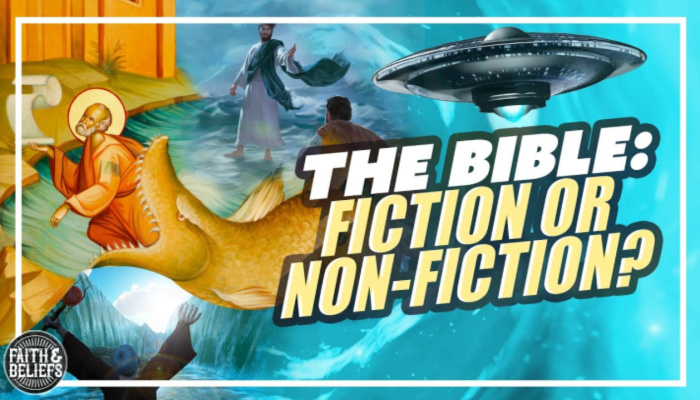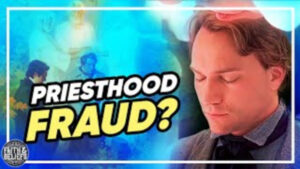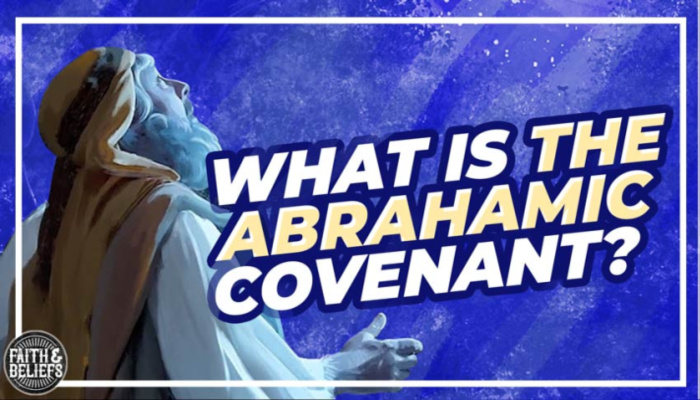
The Bible: Fiction or Non-Fiction?
Hey guys, so, C.S. Lewis once wrote, “the first qualification for judging any piece of workmanship from a corkscrew to a cathedral is to know what it is — what it was intended to do and how it is meant to be used.” In order to most effectively understand and use the Bible, we need to know what it was intended to do and how it is meant to be used. Today we’re going to be looking at just one key factor that will help us in that process. We’re going to talk about the importance of genre recognition. Let’s do it.
Determining the genre of a modern book usually comes quite naturally. When you open a book today and it starts with the phrase, “once upon a time,” you instantly know that the story you’re about to read likely belongs to the genre, “fiction.” It’s not going to be a true story. When you open the encyclopedia you’re going to be able to tell right away that it isn’t a sci-fi novel. It belongs to the reference or information genre. You can also have multiple genres mashed together. For instance, Pride and Prejudice is primarily a romance novel. Pride and Prejudice and Zombies combines romance and satire and action, etc.
The word “Bible” comes from this Greek term meaning, “the books.” The Bible is not just one book. It contains dozens of different books, written at different times, by different people, with sometimes different purposes. And not every book is part of the same genre. There’s historical narrative, there’s poetry, there’s apocalyptic literature, there’s allegory, etc. The challenge is that the books of the Bible are translations of ancient documents that didn’t come with an explanation of which genre each book belongs to. Determining which genre the original writers intended for their work is oftentimes really difficult. Sometimes, because we say the Bible is “true,” we assume that everything in it must therefore fit squarely into the genre, of nonfiction. But that’s not an assumption the text itself backs up. And we cause problems for ourselves when we misinterpret a work’s genre.
For example, Monty Python and the Holy Grail. Is it nonfiction? Is it a true story? Think about it. At the beginning, it says that this stuff happened in England in 932 A.D. England is a real place. 932 A.D. was a real time. Some say that even King Arthur might have actually existed. So, is this story true? No! Of course not. It is very clearly a satirical comedy. If you don’t catch onto that, though, this movie is going to leave you with some significant questions about history and a potentially debilitating fear of rabbits.
To read more: Faith&Beliefs









